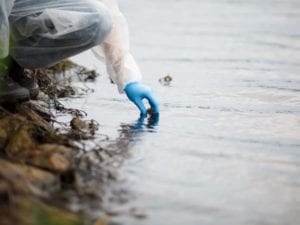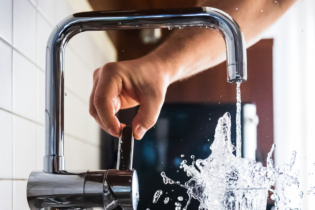The Department of Water and Sanitation has been inundated with enquiries regarding the quality of drinking water in light of the increasing media reports of typhoid cases and gastro-related complaints in some parts of the country.
The Department has since advised various municipalities in the affected areas to conduct the necessary drinking water analysis on the status of drinking water quality in their respective areas, particularly related to potential enteric infections. Due to the widespread messages going around on various social media platforms, it is advised that this approach is taken whether gastro-related cases have been reported or not.“We urge municipalities to communicate regularly with the communities that they serve to prevent misinformation from being peddled on social media. The National Institute for Communicable Diseases has also set out some guidelines that we need to follow to ensure the safety of communities”, said Sputnik Ratau, Departmental Spokesperson.
In case of doubt, the following preventative measures for the public include:- Hand hygiene. Wash hands with soap and safe water before eating or preparing food, and after using the toilet or changing a baby’s nappy.
- Food safety practice. Follow the World Health Organization’s five keys to safer food: keep clean; separate raw and cooked; cook thoroughly; keep food at safe temperatures; and use safe water and raw materials.
- Using safe water. If people are concerned about the quality of water they use for drinking and cooking, then it is recommended to treat the water first by boiling it (place water in a clean container and bring to a boil for 1 minute) or treating it with household bleach (add 1 teaspoon of household bleach (containing 5% chlorine) to 20-25 litres of water, mix well and leave it to stand for at least 30 minutes before use).







